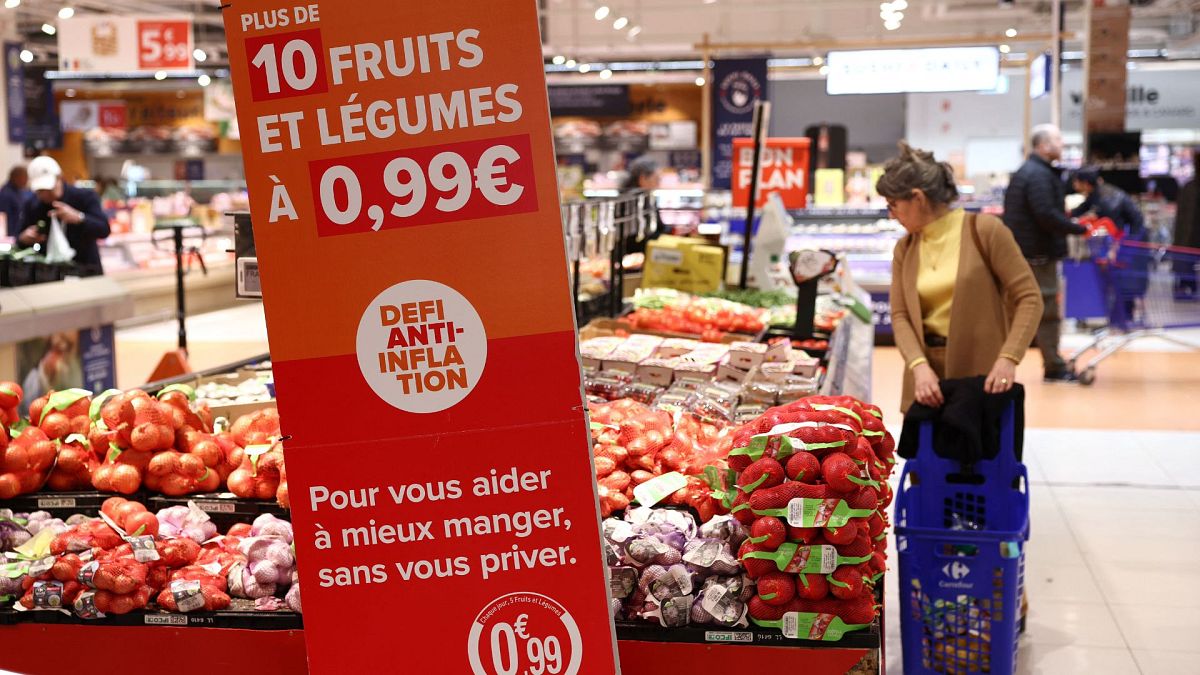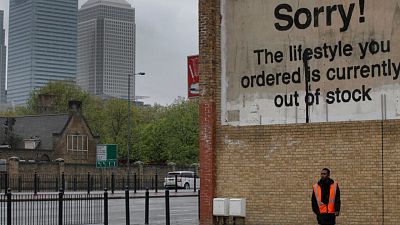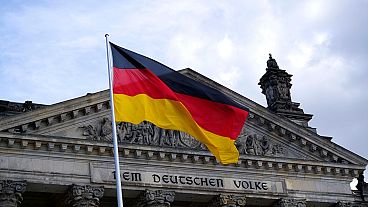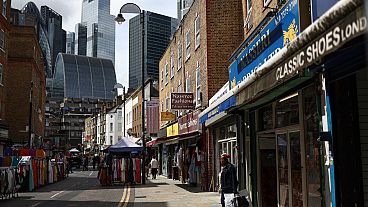The annual inflation was still double the European Central Bank’s target, however.
The Eurozone's annual inflation rate slowed down to 4.3% year-on-year in September, Eurostat announced on Friday.
This figure is the lowest level since October 2021 and should bring slight relief to the millions of households still grappling with high prices.
The annual rate shows a spectacular drop from 5.2% in August.
Core inflation, which excludes volatile fuel and food prices, fell more than analysts expected — to 4.5% from 5.3%.
Energy prices dropped 4.7% in September, while food price inflation remained uncomfortably high at 8.8%.
The ECB recently revised its inflation forecasts upward for both 2023 to 5.6% and 2024 to 3.2%, primarily driven by an increased trajectory in energy prices.
For 2025, the central bank anticipates inflation to average 2.1%.
Slowing inflation is strengthening hopes that the European Central Bank won’t have to further restrict the economy by raising interest rates from already-record highs.
The fall in core inflation “reinforces our view that the ECB has finished raising interest rates,” said Jack Allen-Reynolds, deputy chief eurozone economist at Capital Economics.
The Eurozone's biggest economies show mixed signs
Readings across the major economies that use the euro currency were a mixed bag. Germany's annual inflation fell to 4.3% in September from 6.4% a month earlier, while Spain's increased to 3.2% from 2.4%.
Another data set published on Friday brought some promising news for France with inflation unexpectedly slowed in September, preliminary data shows. Consumer prices increased by 4.9% year on year (EU-harmonised official data shows 5.6%).
At a closer look, the numbers are still scary; food prices rose to 9.6% in September following an 11.2% jump in August while energy prices jumped 11.5% after rising 6.8% in August as well.
'The slowdown over one year in the prices of food, services and manufactured products” has been counterbalanced by the acceleration in energy prices', said the National Institute of Statistics and Economic Studies.
In a monthly comparison, prices decreased, by 0.6% from August.
The impact on the economy
High prices have been holding back the European economy because people's paychecks don’t go as far as they used to in covering their bills, forcing them to cut back on other spending.
Economic growth has stagnated to just above zero in the first six months of the year, with some indicators pointing to a downturn in the current July-to-September quarter.
This burst of inflation was set off as the global economy rebounded from the COVID-19 pandemic, leading to shortages of parts and raw materials. It got worse when Russia invaded Ukraine, sending energy prices soaring as Moscow cut off most natural gas to Europe.
Supply chain bottlenecks and energy prices have eased, but inflation has worked its way through the economy. Prices are higher for services such as haircuts and hotel stays, and workers have demanded pay raises to make up for their lost purchasing power.
The ECB has been trying to get a handle on inflation by raising interest rates, which makes it more expensive to borrow for big purchases such as houses or new factory equipment to expand a business which reduces demand for goods and, in turn, inflation.
But higher rates can also weigh on economic growth, leaving the central bank facing a balancing act over how far to go.
Many economists think the ECB has finished raising rates unless something drastic happens to keep inflation from falling further. This could mean an increase in oil prices, which have risen recently after major producers Saudi Arabia and Russia extended production cuts.



